Wednesday Feb 18, 2026
Wednesday Feb 18, 2026
Wednesday, 17 June 2015 00:02 - - {{hitsCtrl.values.hits}}


Attracts top local and global participants By Charumini de Silva
South Asia’s largest HR event, the National HR Conference 2015 organised by Institute of Personal Management (IPM) Sri Lanka, kicked off yesterday at the BMICH.
IPM, which plays a significant role in developing the human resource management profession in Sri Lanka, has dedicated this year’s conference to educate the citizenry on the role played by ‘human resources’ in ushering national prosperity.
The two-day conference is being held under the theme ‘HR for National Prosperity: Insights, Initiatives and Implications’.
Bring young blood into the system
Delivering the keynote address, Micro Holdings Ltd. CEO Dr. Lawrence Perera said that it was crucial to bring young blood into the system. “The way forward is to develop our young blood. They might make mistakes, but the opportunity should be given to them as they have the thinking power and the ability of working hard.”
He said a value of a company was nothing without its people. “But many of us complain about the resources we do not have; we all fail to talk about the HR that is ample in our country.”
Citing an example, Dr. Perera said: “General Motors was the world’s biggest automobile company and when the company was crashing they were still confident that the company had enough assets to recover. However, when people started leaving one by one, the company realised that it was nothing without those people. Today, Toyota has taken that place.”
He pointed that it was very important for Sri Lanka to invest in people development. “Skyscrapers and highways are not the only development a country could have. Many countries like Singapore and South Korea which did not have any natural resources planted or invested in its people for what they are today.
“A country can only prosper if the people of that country are developed. We can only take the country forward if we have skilled people. It is also important to look at ways of providing opportunities for students who do not get selected to the national universities in this country. Thus, Government intervention is imperative to develop this talent and add them to the workforce of the country,” he added.
Elaborating further drawing his personal experience, Dr. Perera said, “I have trained and invested a lot in my staff and many of them have left my company for overseas job opportunities. I’m very happy for them; that’s how a country develops. I continue training my staff because when I built this company, money was not my priority, however I have built an empire today. I’m happy to state that best of my people today work for world’s leading automakers.”
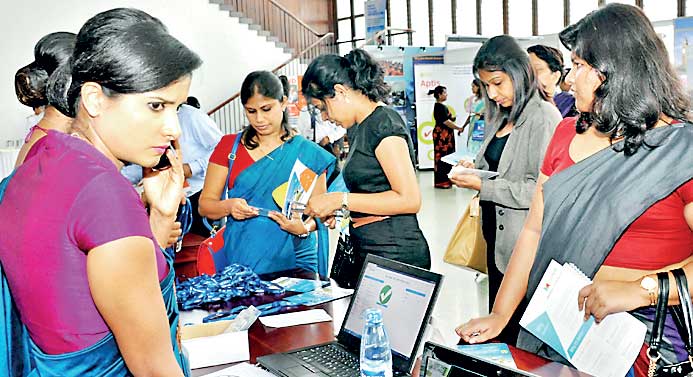
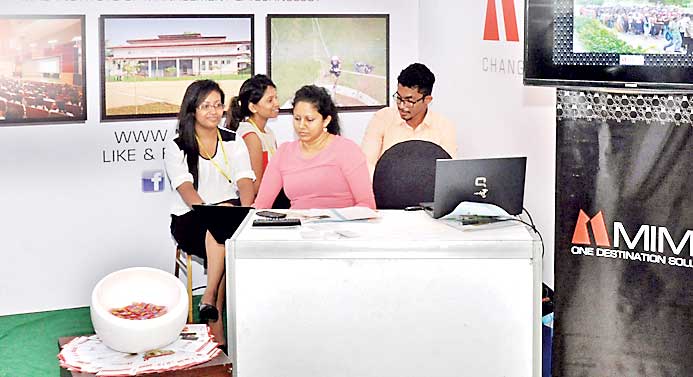
Developing the people factor
Chief Guest Asia Pacific Federation of Human Resources Management President Musharrof Hossain said that HR was a very young profession in this part of the world, yet a very competitive resource that could be developed into enormous and unlimited capabilities.
He said around 16% to 17% world’s population is in the South Asian region, but not many were competitively skilled to earn reasonably. “We are in a knowledge economy and developing HR will help them to earn and have a better livelihood if the skills could be developed.”
He noted that in Bangladesh only 5% of the population was employed and that they were now pushing the Government to proactively work on developing the people factor for better prosperity in their economy.
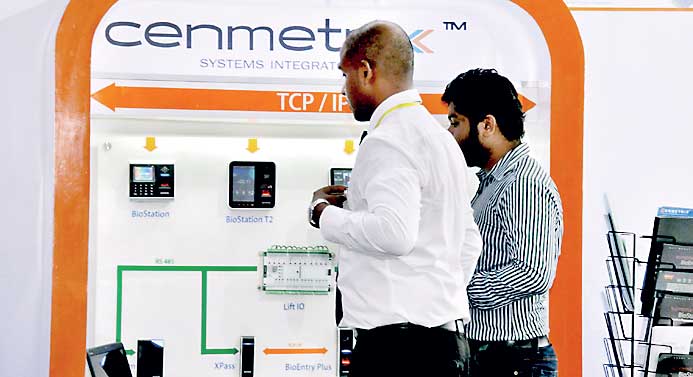
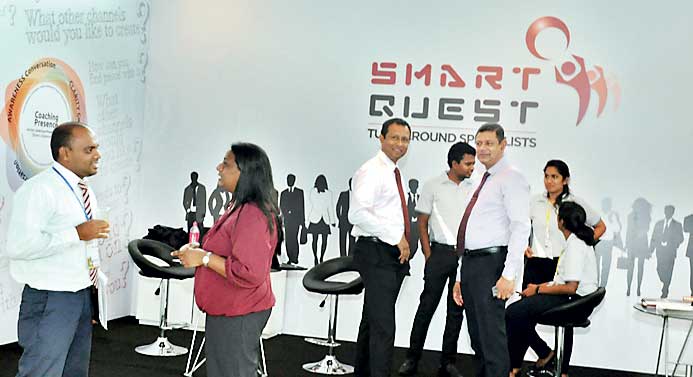
The challenges ahead
Guest of Honour Chartered Institute of Personnel and Development UK International Director Alan Ovens highlighting the challenges ahead pointed that engaging generation diversity would be a great challenge in the future.
“With generation ‘Z’ entering the market place, it is significant challenge to look at ways of engaging them. Attracting and retaining talent is another challenge. We need to have change-resistant people,” he added.
He pointed that was the most exciting time period to be in HR. “There has been no better time to be in HR because there are plenty of opportunities to work together. Unlike early years, today there are many collaborative organisations that we could work in to develop HR.”
NHRS 2015 Chairman Dr. Ajantha Dharmasiri said that HR could be a bridge between the private and public sectors as its key functions had an overarching effect on utilising the most precious resource of any organisation.
He said: “Ironically, we have an over-emphasis on private sector HR with less focus on the public sector. This should be rectified to a sensible dialogue on best HR practices and their applicability to both private and public sectors alike.”
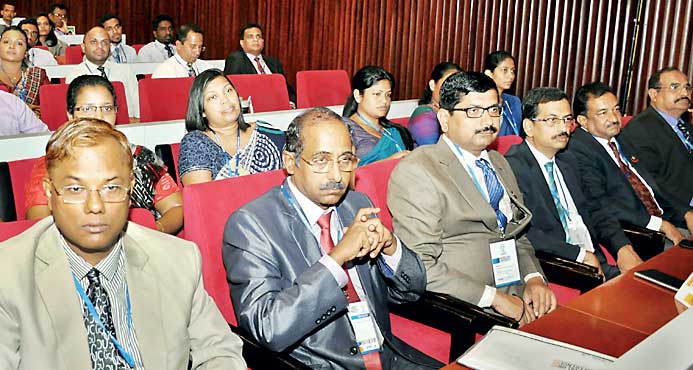
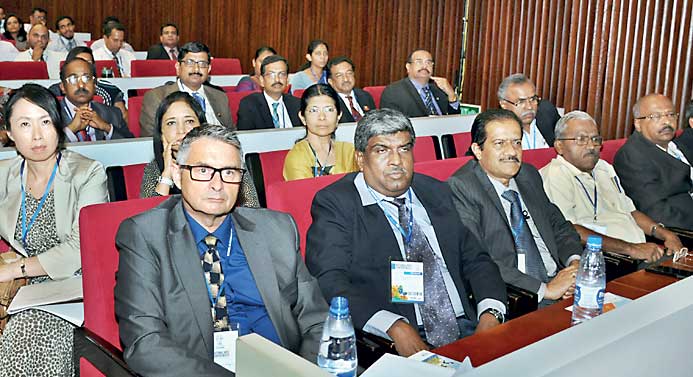
Bigger, better and brighter
Dharmasiri said the National HR Conference, which is tagged as South Asia’s biggest HR event, had been planned bigger, better and brighter this year.
“It features a combination of eminent international and local speakers with private and public sector collaboration. Insights, initiatives and implications with regards to HR for national prosperity will be the subject areas in focus. A novel session line-up with more time for discussions will make the participants actively involved in the proceedings and I can assure all participants a refreshing difference,” he added.
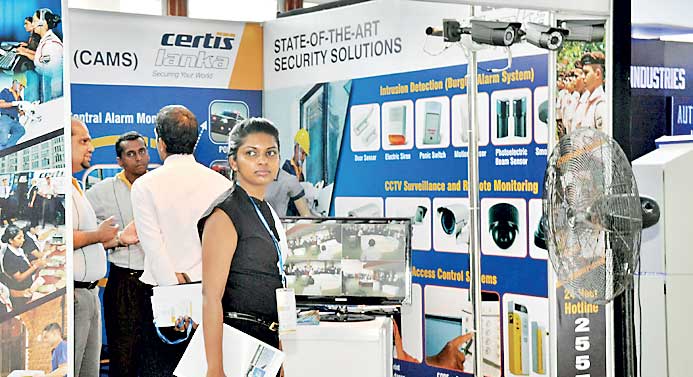
He also stated that IPM Sri Lanka, being responsible for national needs, decided to focus this year’s National HR Conference to reflect on and relate to its obligations to the nation. Thus, this year’s National HR Conference intends to fill this void in a meaningful and memorable manner, he said.
National prosperity
Commenting on this year’s theme, IPM Sri Lanka President Rohitha Amarapala said national prosperity encompassed a variety of aspects, including economic development, social wellbeing, environmental protection and peaceful coexistence. Thus, both public sector administrators and private sector managers have a crucial role to play in ushering in a prosperous nation.
“This is more critical in post-war Sri Lanka with accelerated development taking place on all fronts. HR as a profession cannot operate in isolation ignoring these realities,” he added.
Pointing out that over 1.5 million were engaged in the public sector, Amarapala said it was high time for HR practices to be adopted in this sector.
This year’s National HR Conference will also feature events such as the HR Service Providers’ Exhibition, The Great HR Debate – the only debating contest dedicated to the HR community, National HR Excellence Awards which rewards ‘Best of Best in HR’ and IPM Sri Lanka People Leader’s Awards. From its modest beginnings in 1959, IPM has developed to being the leading HR authority in Sri Lanka, focusing on proactively meeting the needs of the HR practitioner. Through the years, IPM has adapted to the many changes and developments in HR, remaining committed to upholding the highest standards in the profession.
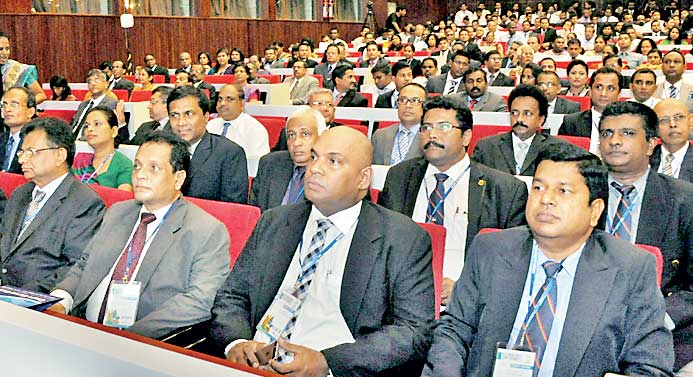
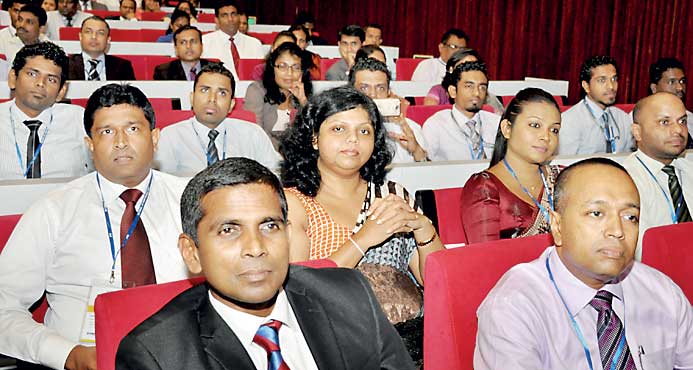
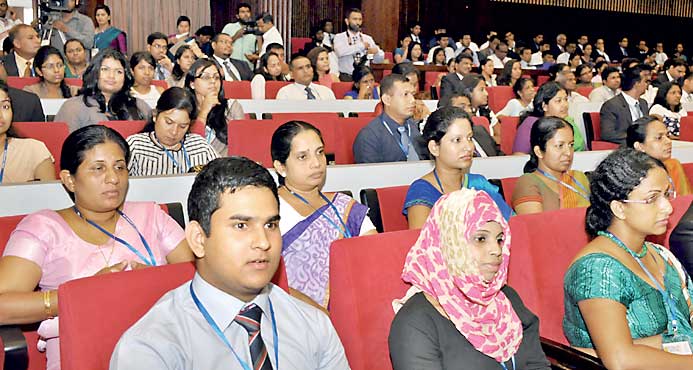
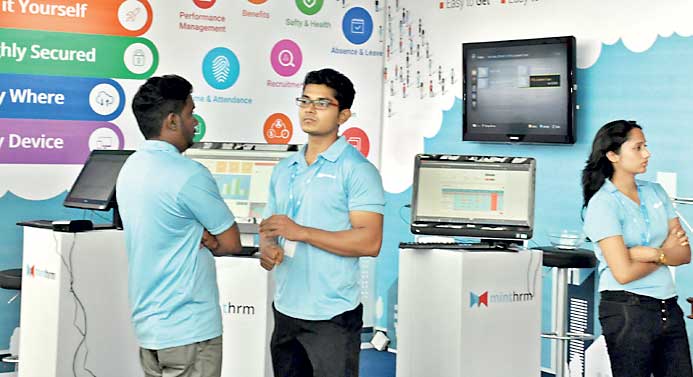
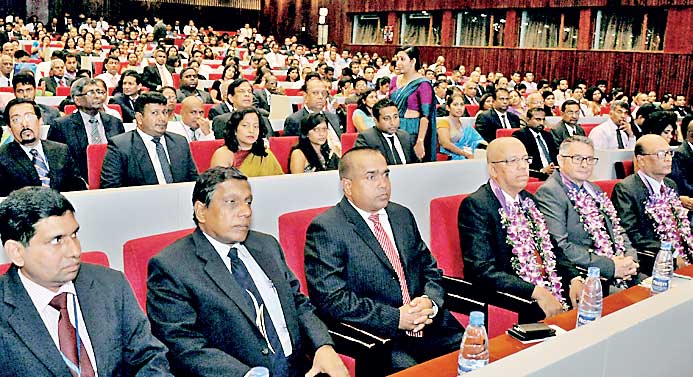
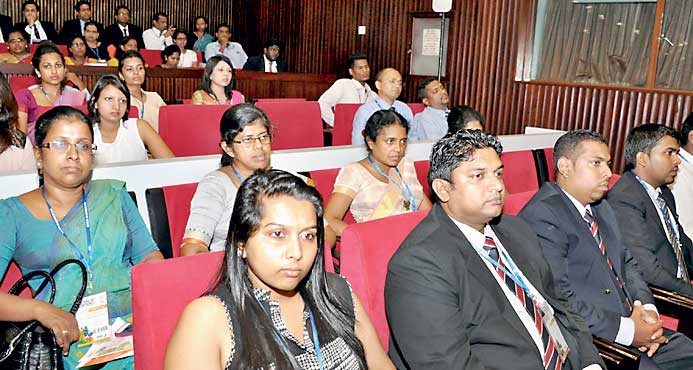
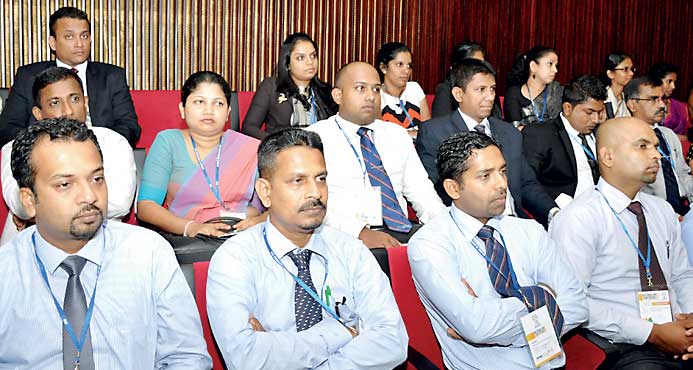
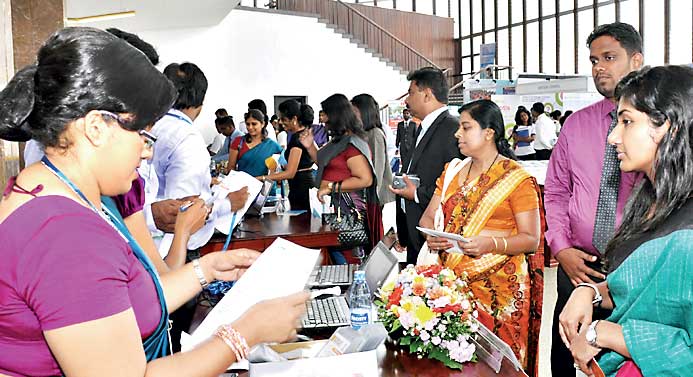
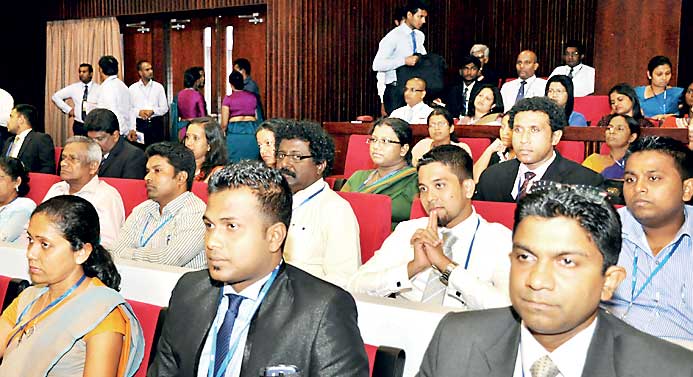
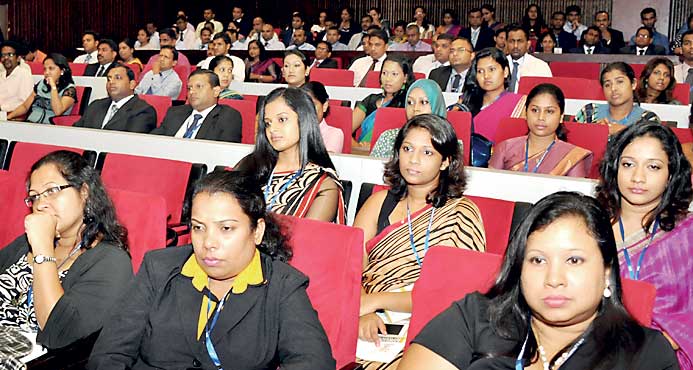
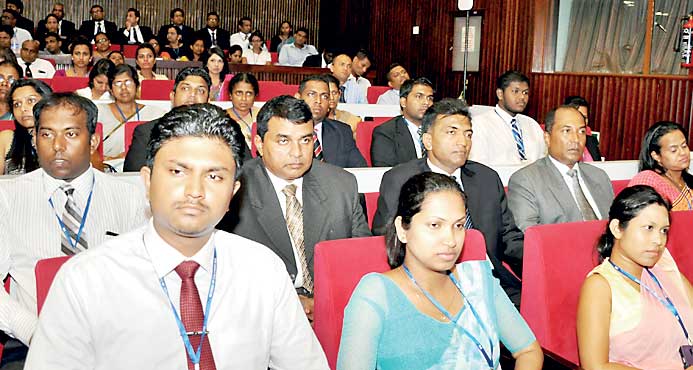
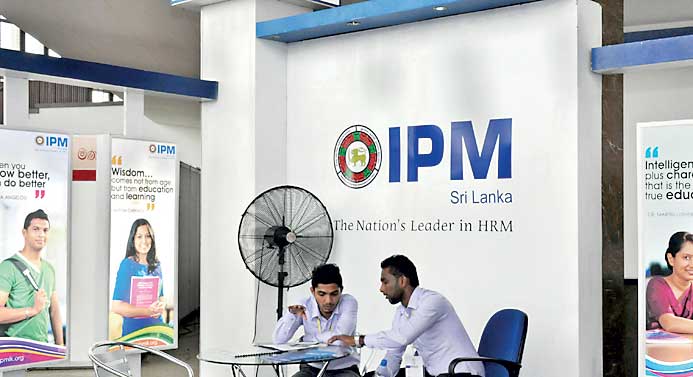
Pix by Lasantha Kumara